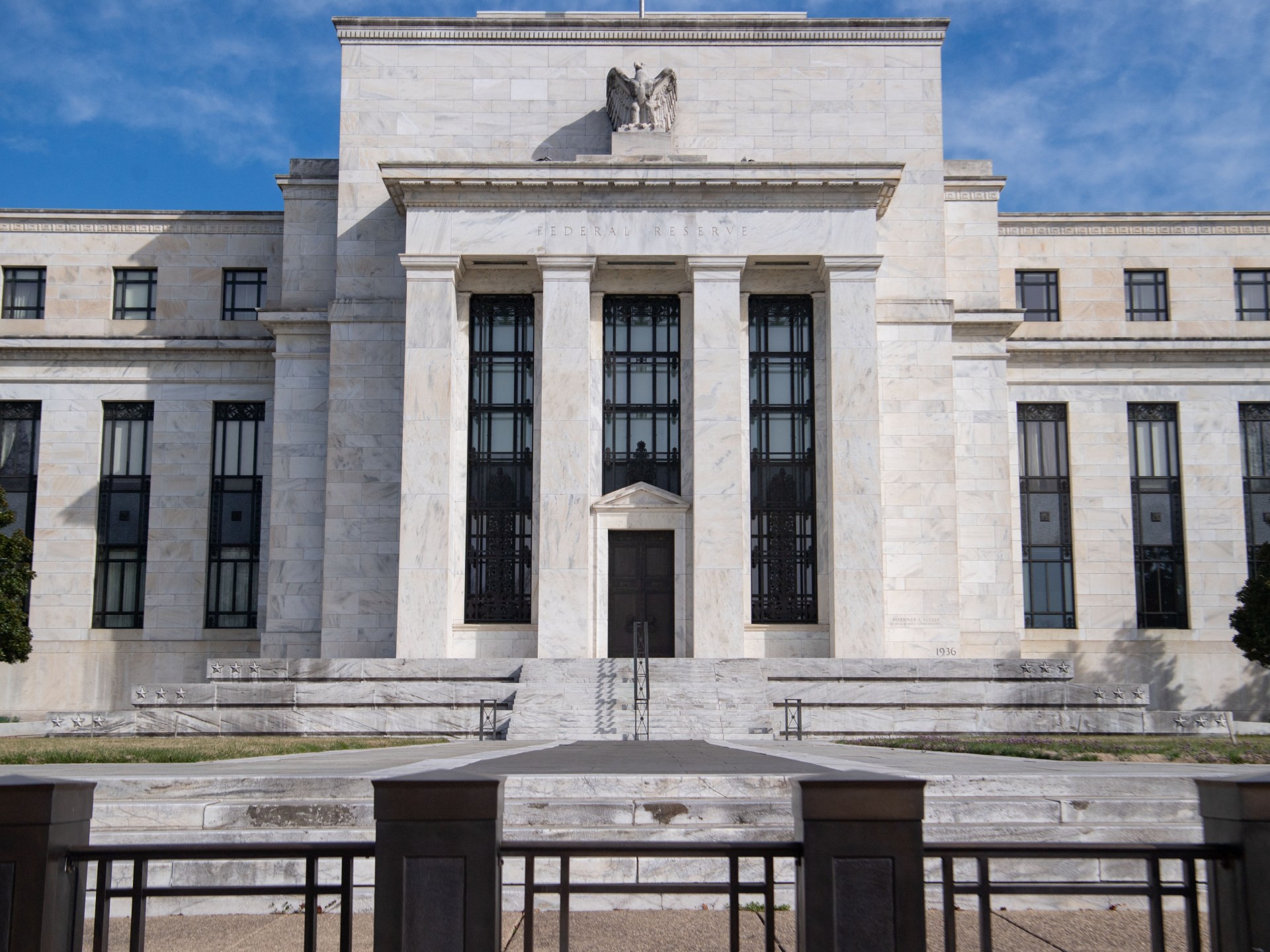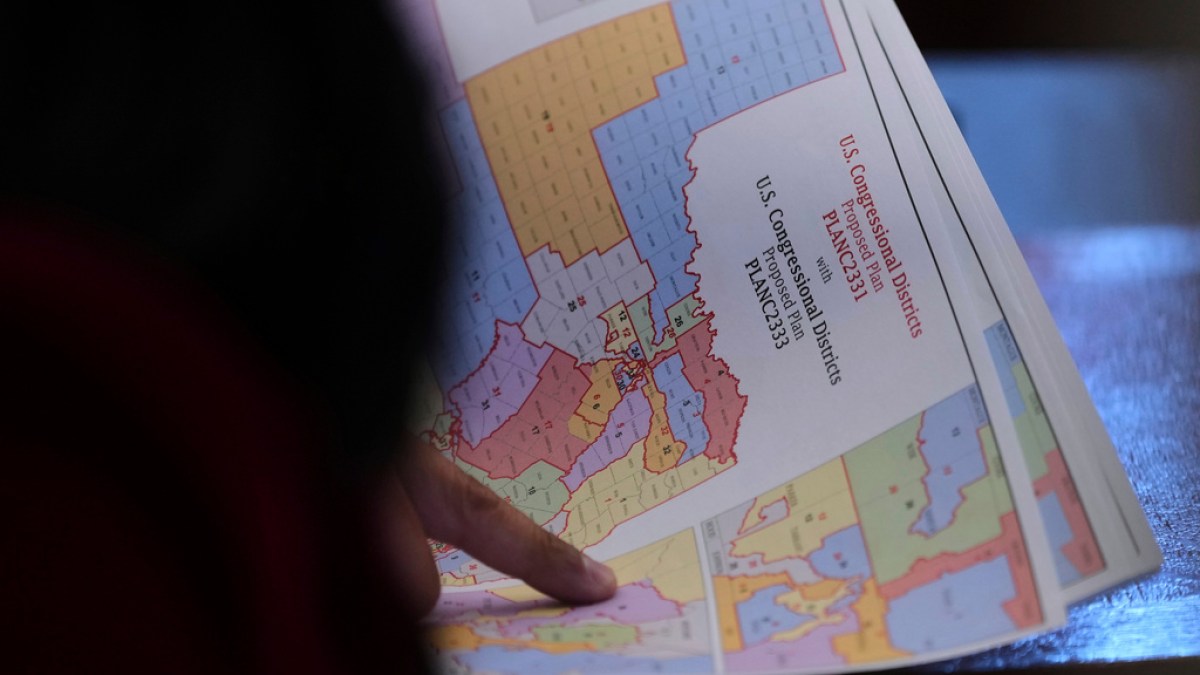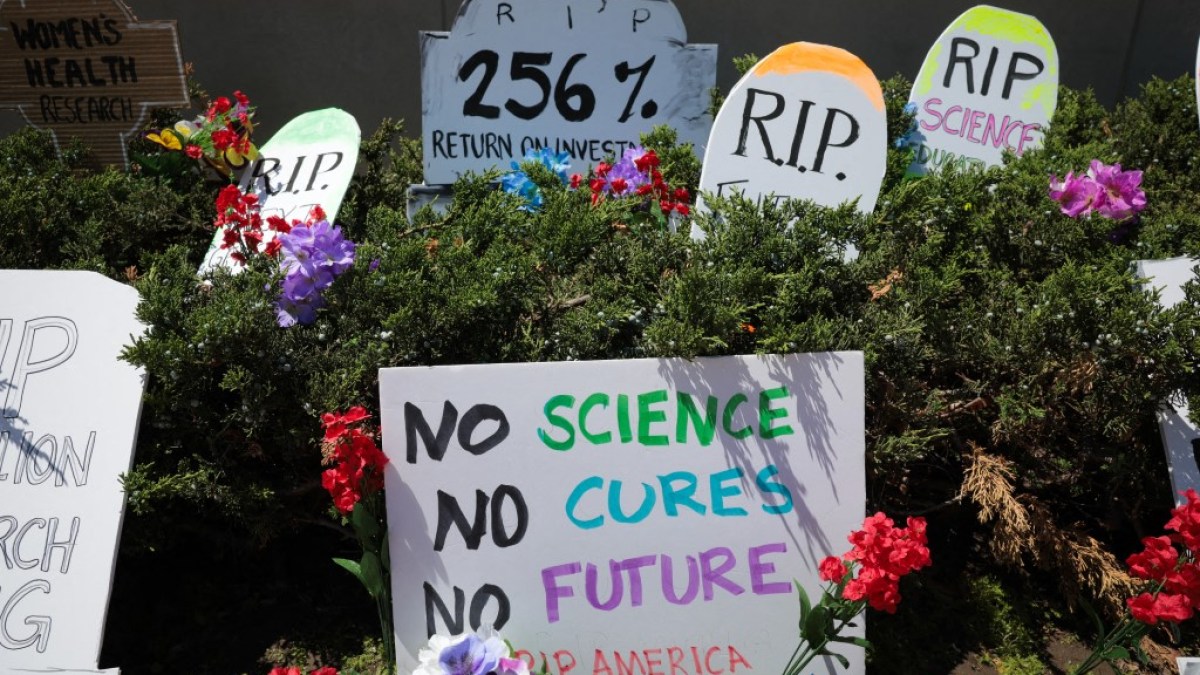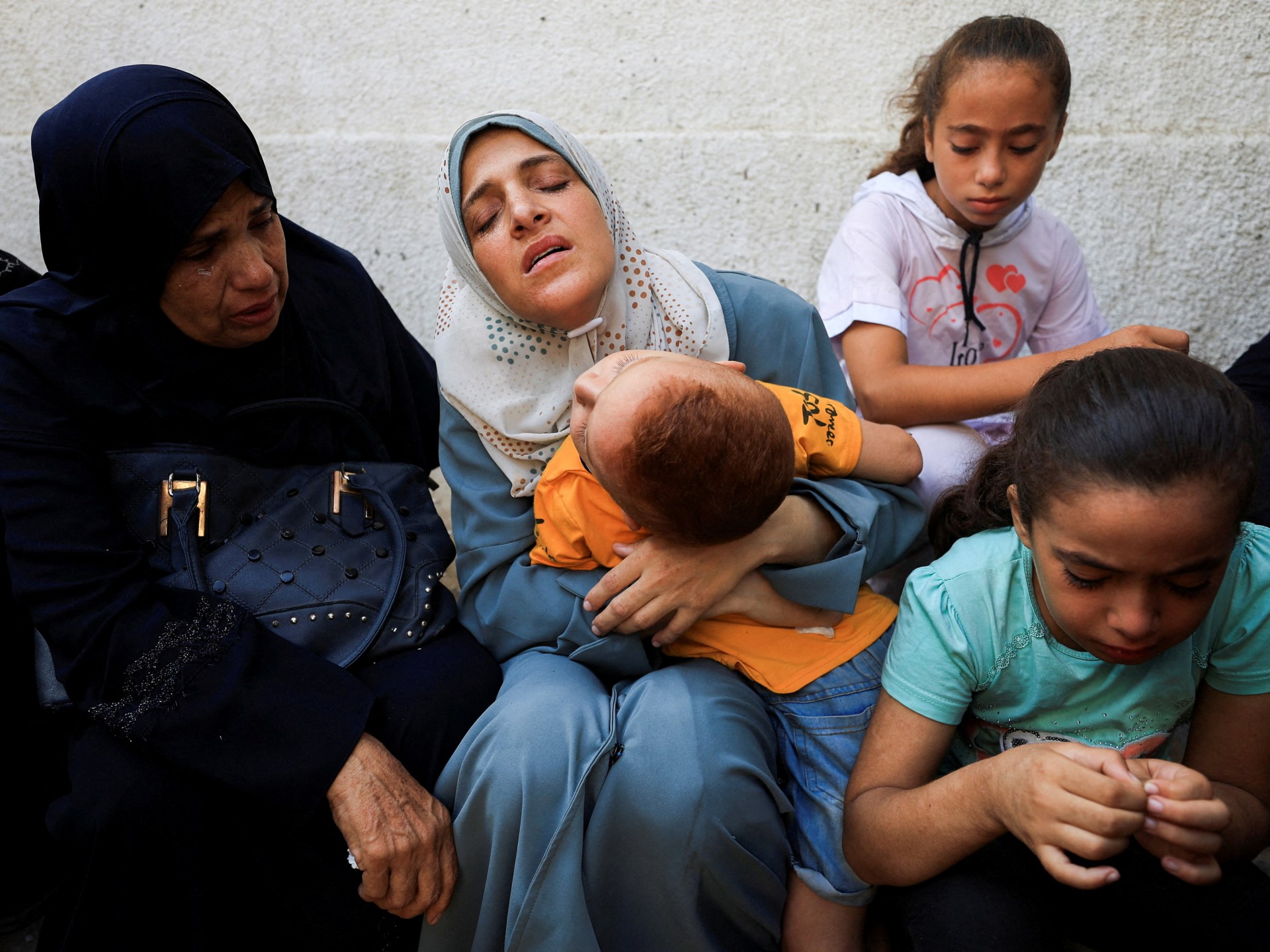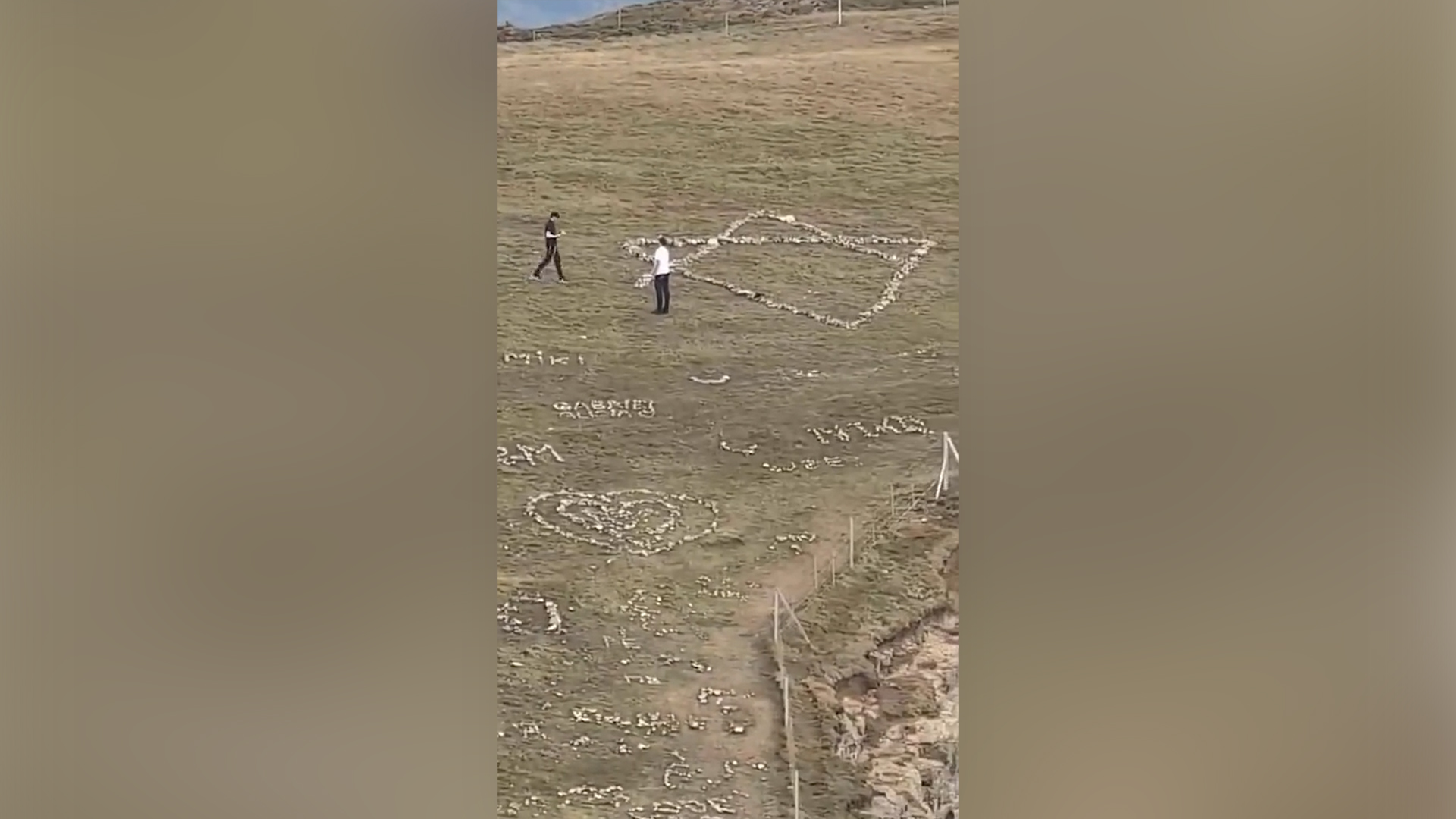President Donald Trump and his allies have kicked off a redistricting fight in the United States as the country’s two main political parties angle for advantage in the 2026 midterm elections.
In an effort to maintain control of Congress, Republican leaders in the right-wing stronghold of Texas have pushed to redraw the state’s congressional districts in a way that would net the party as many as five additional seats in the US House of Representatives.
Trump has encouraged the effort, calling it a “big WIN for the Great State of Texas”. The state’s Senate is expected to vote on the new district plans as early as Thursday evening.
But that effort has prompted a backlash. The Democratic-leaning state of California responded in kind by passing a plan on Thursday to abandon nonpartisan redistricting and create new congressional maps that could bring the Democrats five more seats, negating the effort in Texas.
Party leaders in other states, including Missouri and Florida, have also indicated they may seek to rejigger their districts to pick up more seats.
The standoff points to larger questions about how to ensure fair representation in Congress and how Trump has sought to exert wide-reaching control over the country’s political system.
With Trump’s approval rating slipping to about 40 percent, Republicans risk losing their narrow, 219-person majority in the 435-seat House of Representatives in the midterm races.
So what is redistricting? And what could it mean for upcoming elections? We answer those questions and more in this quick explainer.
What is redistricting?
Simply put, the practice of redistricting refers to drawing the boundaries of an election district.
Ideally, districts should be designed as an accurate and proportionate reflection of the area’s population. Maps are generally updated every 10 years, in accordance with the latest population census.
But political parties can take steps to shape districts to their benefit, in a process sometimes referred to as gerrymandering.
That involves finding creative ways to maximise the number of seats a party can win by carving districts based on demographics and voting trends, to increase the electoral weight of certain groups and minimise the influence of others.
“Politicians can look at information about the partisan and demographic breakdown of an area and stack the decks in their favour,” said Thad Kousser, a professor of political science at the University of California at San Diego.
This practice has a long and fraught history in the US, especially in states with histories of segregation and discrimination, where maps were often drawn to dilute representation for minority voters.
What is happening in Texas?
While redistricting is far from new, Texas has been in the spotlight recently for a particularly overt partisan effort.
Part of the controversy stems from the involvement of President Trump, who prompted Texas Republicans to redraw maps.
In June and July, reports began to emerge that the White House was holding calls with Texas state leaders to tee up a redistricting battle, in preparation for the 2026 midterms.
Despite early concerns that the effort could backfire, Republican lawmakers in the state quickly put the plan in motion.
Speaking by phone to CNBC on August 5, Trump seemed to suggest that the makeup of the US Congress should reflect his success in the 2024 presidential race.
“We should have many more seats in Congress,” Trump said. “I got the highest vote in the history of Texas, as you probably know, and we are entitled to five more seats.”
The state’s House of Representatives passed a new election map on Wednesday, and the Texas Senate is expected to do the same in the next few days. The new maps would carve out five additional districts in areas where Trump performed strongly during the last election.
How did Texas Democrats respond?
Texas Democrats condemned the redistricting as a partisan power grab and tried to prevent a vote on the new congressional map.
In early August, they left the state in a bid to deny the Texas legislature the quorum it needed to move the plan forward.
But as a minority voting bloc in the firmly Republican state legislature, the Democrats ultimately failed to stop the redistricting scheme.
While away, Texas Governor Greg Abbott ordered the absent Democrats’ arrest, and the Republicans in the state House echoed that effort with a vote to issue arrest warrants. Abbott also threatened the Democrats with criminal charges, including for bribery, if they solicited funds during their absence.
What’s more, the Texas Democrats faced a series of reported bomb threats at their Illinois hotels. Eventually, after two weeks, they returned to their home state, allowing the vote to proceed.
Democratic leaders have said that, while they did not stop the redistricting push, they drew attention to the issue and are preparing to challenge the new maps in court.
Do both parties gerrymander?
Yes, both parties have engaged in gerrymandering, and the practice has been employed throughout US history in varying contexts.
In recent years, however, the practice has been more commonly associated with right-leaning states.
Princeton University’s Gerrymandering Project found that states with the most severe gerrymandering tend to be Republican-led states in the southern US, where the practice has historically been employed to dilute the influence of Black voters.
The project also found that a handful of states, such as Oregon, Illinois and Nevada, have partisan election maps that heavily favour Democrats.
Some Democrats previously criticised gerrymandering as anti-democratic and pushed for changes to ensure that redistricting is nonpartisan.
“Public servants should earn the votes of the people that they hope to represent. What Republicans are trying to do in Texas is to have politicians choose their voters,” House Democratic Leader Hakeem Jeffries recently told reporters.
But as Trump seeks to increase his party’s advantage, some Democratic leaders have urged the party to change its approach and “fight fire with fire” through more explicitly partisan tactics.
Is gerrymandering legal?
Courts have, on occasion, struck down gerrymandered congressional maps on the basis that they violate the US Constitution’s Equal Protection Clause by disadvantaging racial minorities and other demographics.
But the Supreme Court has ruled it will not intervene in questions of partisan gerrymandering, though state courts can.
How is California responding?
Following the developments in Texas, California Governor Gavin Newsom announced his state would begin its own redistricting effort meant to add five congressional seats to the Democrats’ tally in the US House of Representatives.
California, the largest state by population, is considered solidly left-leaning: Nearly 47 percent of registered voters identified as Democrats in 2023, compared with 24 percent for Republicans.
On Thursday, the state’s legislature voted largely along party lines to forward the redistricting plan to Newsom’s desk for a signature.
“It’s the fact that this has been so baldly political and driven by demands from Trump that has allowed Democrats to take the gloves off,” said Kousser, the political science professor.
Newsom has depicted his actions as an unfortunate but necessary response to the Texas Republicans.
He said he will shelve California’s redistricting plans if Texas agrees to do the same, but he argues that Democrat-led states cannot “unilaterally disarm” and allow partisan redistricting to disadvantage them in Congress.
“Other blue states need to stand up,” Newsom said as he announced his plan. “We need to be firm.”
Former Democratic President Barack Obama said that, while his “preference” is to do away with gerrymandering, Newsom was taking a “responsible approach” by countering the Republicans.
Are other states considering redistricting plans?
Yes. The Republican-led state of Ohio announced redistricting plans, and Republican leaders in Florida, Indiana and Missouri have also suggested they will follow suit.
Meanwhile, officials in the Democrat-led state of Illinois are also mulling changes to the map-drawing process. New York’s Democratic Governor Kathy Hochul also said that her state may pursue redistricting if Texas moves forward with its plan.
How could this affect future elections?
It is unclear how much this redistricting battle will tip the scales for either party, particularly as Democrats consider steps to negate Republican gains.
But experts say there are generally more Republican-led states where redistricting might be viable
The primary objective is to gain an advantage in anticipation of the 2026 midterms, when control of Congress is up for grabs.
While each state receives exactly two senators, the number of representatives in the House varies depending on each state’s population size. All 435 seats in the House will be up for grabs in the midterms, and each congressional district is responsible for selecting the winner for one of those seats.
Trump last month called Texas the greatest prize – “the biggest one” – in the redistricting battle.
On Thursday, he framed the five seats Republicans hope to gain there as integral to his platform: “On our way to FIVE more Congressional seats and saving your Rights, your Freedoms, and your Country, itself. Texas never lets us down.”
But halfway through Trump’s first term in office, the Republicans lost their majority in the House during the midterm elections. That loss gave Democrats greater power to stymie Trump’s legislative priorities.
“Trump is urging his allies to redraw districts as a way to insulate him and his political party from possible backlash in the midterms,” said Kousser.
Isn’t California doing the same thing as Texas?
Newsom has attempted to assuage concerns about California’s redistricting scheme by contrasting his plan with the one in Texas.
He says that California’s new map will go before voters in November for approval, unlike in Texas, and will only go into effect if Republican-led states do the same.
Still, his efforts would require sidelining a nonpartisan redistricting panel previously approved by California voters.
But Kousser says that Trump’s push for greater sway over the country’s political system may induce more Democrats to adopt partisan redistricting for themselves.
